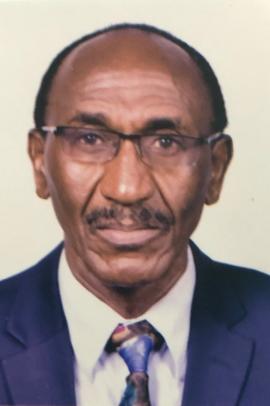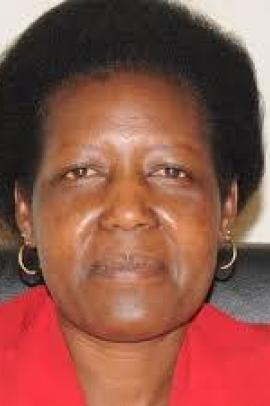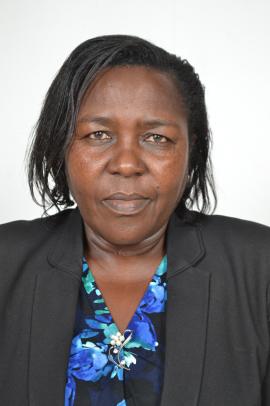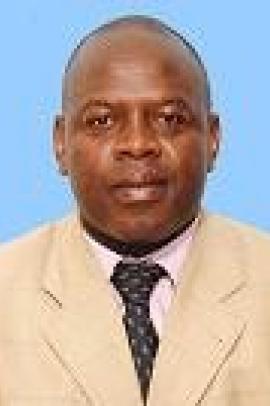Student Short Biography
(Max 250 words)
Roba is a conservation enthusiast working with the Northern Rangelands Trust to drive community empowerment through tourism, BeadWORKS, and vocational training, with a view to building the foundation for self-reliance.
Roba is a Bachelor of Arts degree holder in Communication and Media studies and just graduated with MA. In Project Planning and management from the University of Nairobi, in September 2020.
As a professional in communication and project planning and management, Roba is passionate about working with communities to shape their mindset and diversify their livelihoods and in turn contribute to sustainable development. Her focus is to gather information on community actions and share it with the world for indigenous community voices to be heard, highlight experiences to inspire others, and influence policies.
Roba is a Conservation international fellow in 2019/2020 focusing on how to increase women’s voice in community conservation projects
Thesis / Project Title
INFLUENCE OF WOMEN PARTICIPATION ON SUSTAINABILITY OF THE COMMUNITY CONSERVATION PROJECT IMPLEMENTED BY JALDESA COMMUNITY CONSERVANCY, MARSABIT COUNTY, KENYA.
Thesis / Project Abstract
(Max 250 words)
It is becoming increasingly known that gender equity is key to conservation effectiveness and sustainability. The purpose of this study was to examine the influence of women participation on sustainability of the community conservation project implemented by Jaldesa Community Conservancy in Marsabit County, Kenya. The study had four research objectives; determination of how women participation in decision making, their participation in implementation, their participation in access and control of resources, and their participation in capacity building activities influenced the sustainability of the community conservation project. The design for this study was a cross-sectional survey and employed a mixed mode of research encompassing qualitative and quantitative research. The study was guided by Participatory Theory and Ecological Feminism Theory. The target population was 19,860 and a sample of 443 respondents. Primary data was collected by the researcher using questionnaires and focus group discussions. Data was analysed using SPSS version 25. Pearson’s moment correlation was used to establish the relationship between the independent and the dependent variables. The study revealed that there was a significant and positive relationship between dependent and independent variables. It was recommended that the government of should improve on ways of increasing women participation in decision making, implementation of projects, be given more access to and control of resources and lastly, they should be involved in capacity building. The researcher suggested that studies on influence of government policies, role of county government and influence of public private sector collaboration on sustainability of community conservation projects should be conducted.
Student’s Google scholar link
(affiliated to student’s university email)
Other relevant academic links
Research Supervisors
DR. REUBEN KIKWATHA





